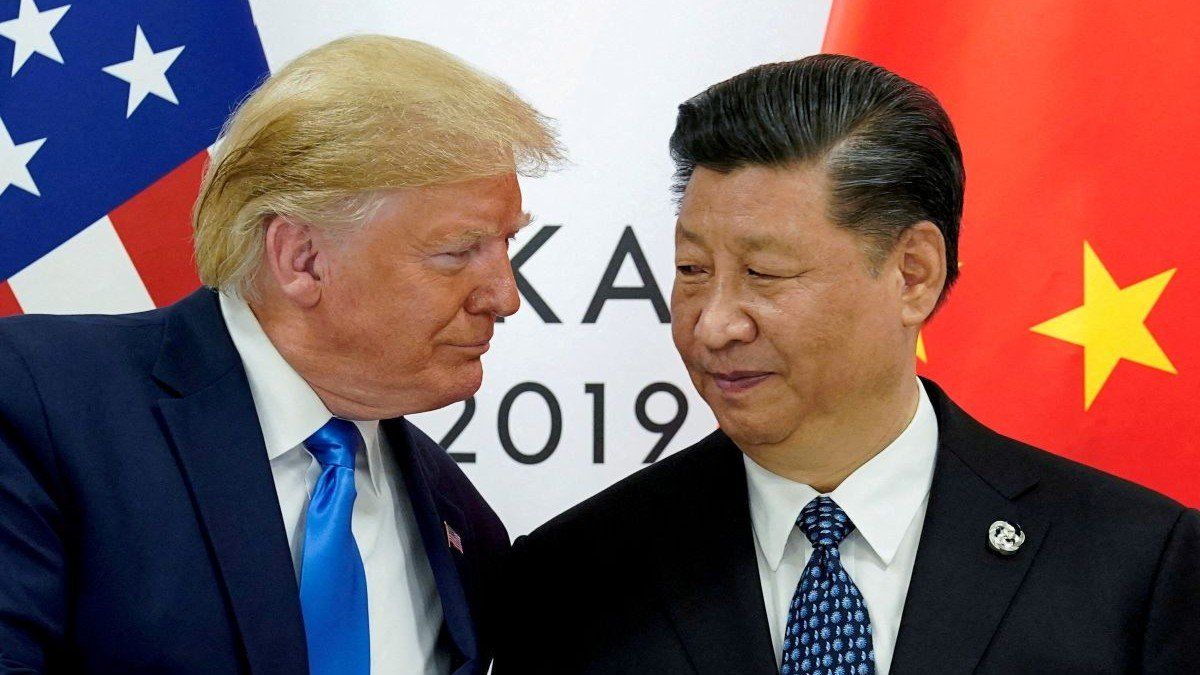Trump speaks with Xi
US President Donald Trump and his Chinese counterpart Xi Jinping spoke Thursday for the first time since the former returned to office, as a recent pause in their trade war looked set to fall apart. Both sides recently stepped back from mutual triple-digit tariffs, but Beijing has drawn fire from Trump for restricting the export of rare earths minerals used by the US auto and tech industries. No breakthroughs were announced but Trump described the call as “very positive” and said a summit is in the works.
Netanyahu’s coalition set for divorce
In what could spell the end for Israeli Prime Minister Benjamin Netanyahu’s government, two ultra-Orthodox parties that form part of the governing coalition are reportedly set to back the Knesset’s dissolution, in protest against a potential new law that would fine religious university students who skip military service. The dissolution vote will take place on June 11. If United Torah Judaism and Shas, the two dissenting parties, join the opposition in voting to dissolve the government, there will be elections again in Israel.
US institutes new travel ban
Trump on Wednesday
barred foreign nationals from 12 countries from entering the United States – including Afghanistan and Haiti – and placed partial restrictions on seven others. The ban is set to take effect on Monday 12:01 EST. The US president
linked the new restrictions to Sunday’s terror attack in Colorado against a group of people who were marching in solidarity for the Israeli hostages in Gaza. Trump
implemented a similar travel ban during his first term, one that the Supreme Court upheld in 2018.
